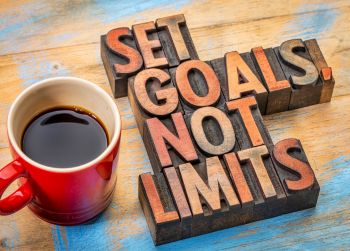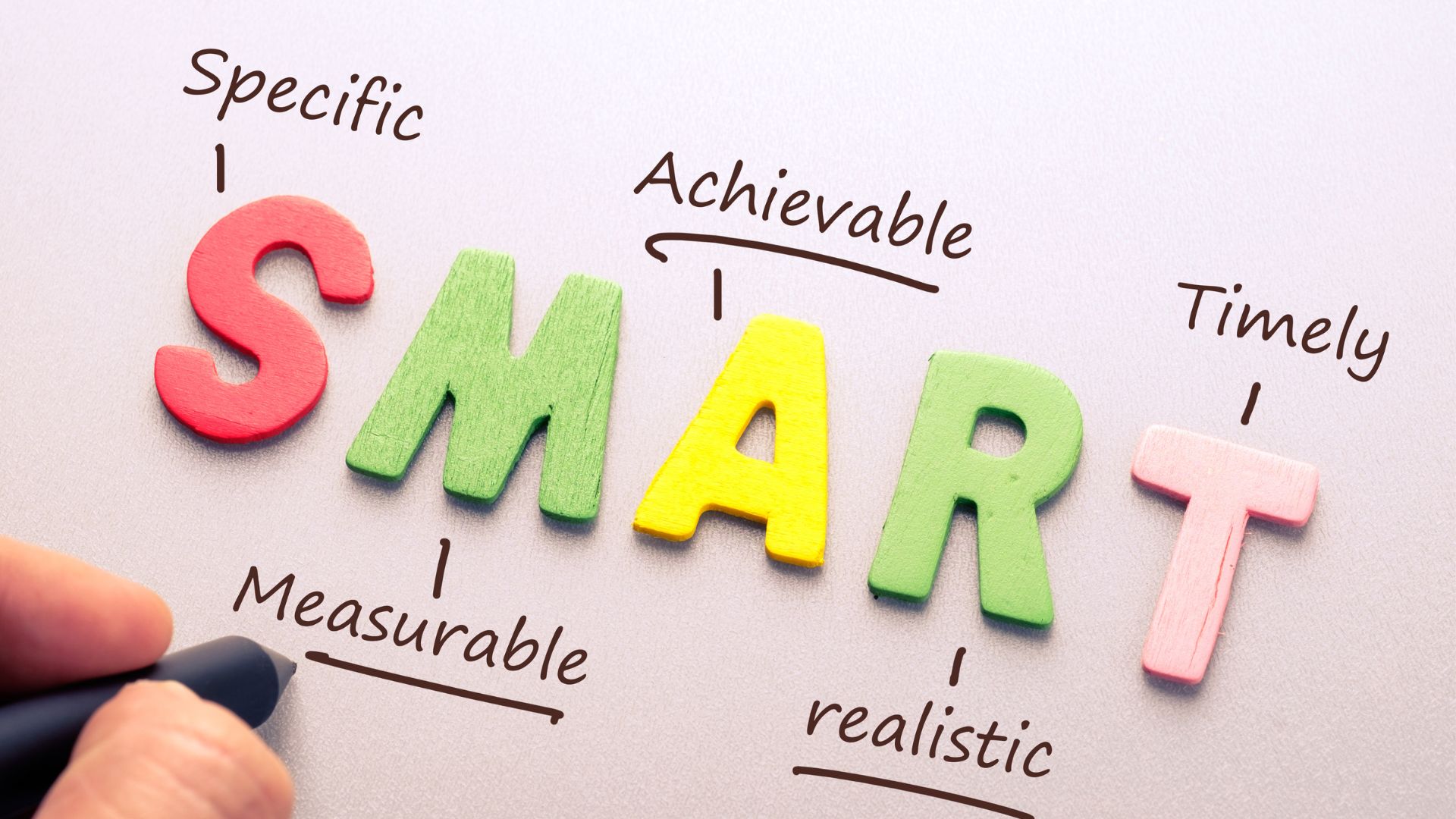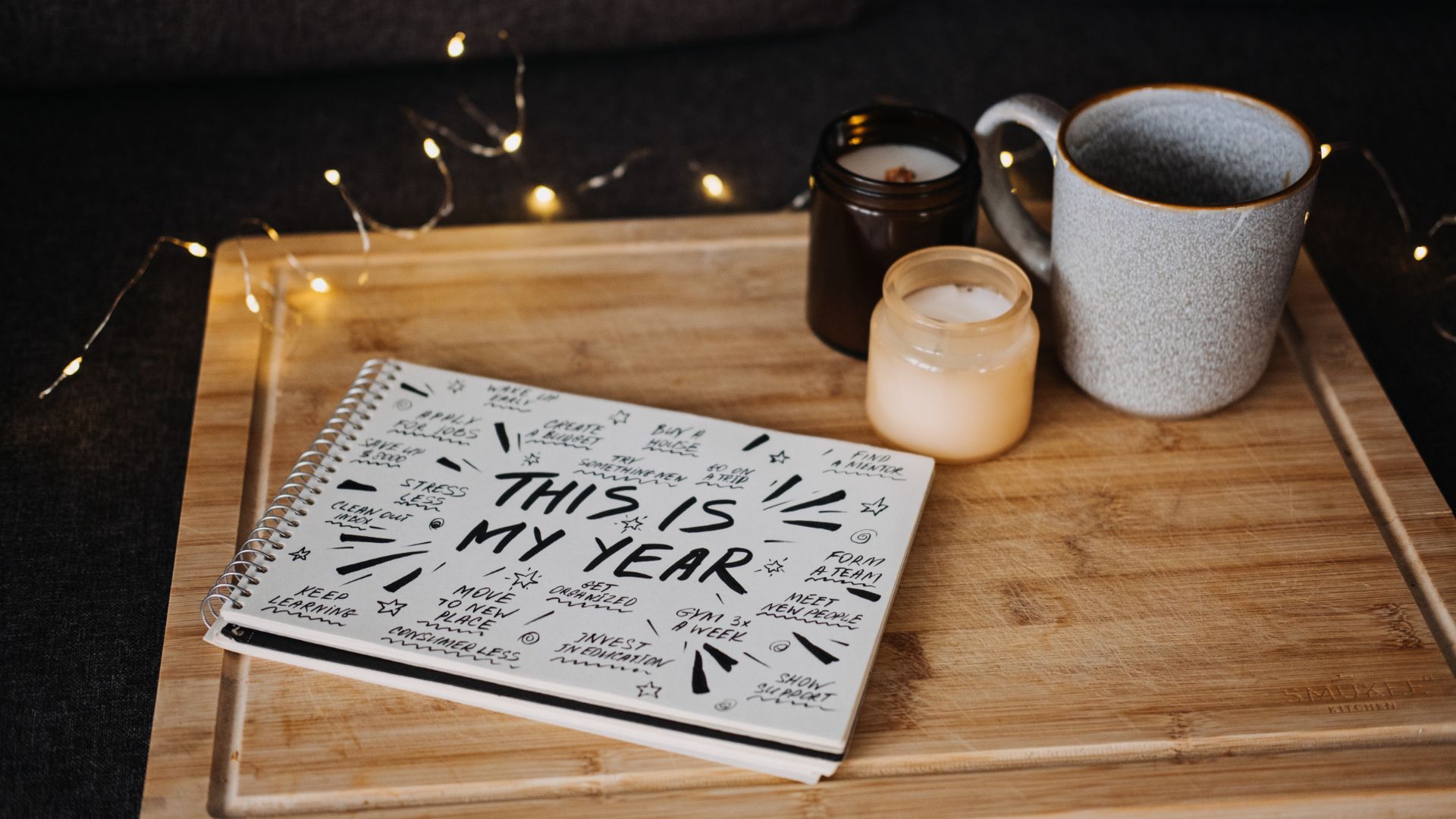The year is almost over, which means you might be starting to think about New Year’s resolutions and goal setting. It can be difficult to know where to start, so we’ve compiled some helpful information from our eLibrary resources. Read on for peer reviewed studies, LinkedIn Learning courses and an overview of some of our helpful eResources.
Research based articles on goal setting
It appears that how you frame your goal has a huge effect on how successful you might be in achieving it. Health and medicine journal Lancet tackles this topic in their article Have a healthy new year: easy to say, hard to do, which approaches this topic from the perspective of doctors trying to design a successful health campaign. The journal states that “physicians need to know when to emphasise the positive consequences of making a change versus the negative consequences of not changing.” The article goes on to state that people can be motivated either by believing “negative things will happen to them if they continue to behave as they do”, but they can also be motivated by the “positive effects” that they expect from a change in their behaviour. The article suggests changing up the framing around messaging if an attempted approach isn’t working. For example, “familiar statements such as “smoking is bad for you” […] lose their emotional impact”, and so you might instead promote the positive effects of not smoking. This aligns with the findings of Public Library of Science‘s article on New Year’s resolutions, which found that participants had more success achieving their goals with a positive “approach-orientated” mindset, rather than a negative “avoidance-oriented” approach.
The Journal of Consumer Research has a fascinating article exploring how to frame your goals. Specifically, they explore how to create a mindset that sets more ambitious goals. This article compares the approaches of deciding “how many goal consistent activities to engage in (a goal-consistent decision)”, as opposed to “how many goal consistent activities to forego (a goal-inconsistent decision).” They give the example of a person deciding either to exercise a certain number of days a week, or deciding to forego exercising a certain number of days per week. The article proposes that making goal-inconsistent decisions “triggers more ambition in performance and/or goal levels”, with participants setting goal levels on average 13% higher when deciding how many goal-consistent activities to forego, compared to when asked to decide how many goal-consistent activities to undertake”.
Before you decide on your goals however, you’ll want to make sure they align with your internal self. This article from the Journal of Personality puts forward the potential importance of “motive-goal congruence”, the alignment of your goal and what inherently motivates you. This article explores the idea that a person will have an individual “implicit motive disposition”, which is their personal drive for a specific “satisfying affective experience”. For example, a person might be driven by an “achievement motive”, wanting to perform highly in a difficult task. Alternatively, a person might have an “affliction-intimacy motive”, the desire for positive relationships. The third state of motivation described is a “power motive”, seeking to have impact on other people. The article then explores how this personal knowledge might be used in conjunction with “goal fantasies […] fantasizing about what it will be like to strive for a goal and to reach it […] with a focus on motive specific affective incentives”.
LinkedIn Learning courses on goal setting
As well as academic research, your Wellington City Libraries card also gives you free access to a collection of LinkedIn Learning videos and courses about goal setting. Here are some highlights:
Build a Personal Learning Plan and Stick with It
As the world changes, companies and businesses respond to these changes with changes of their own, and many employees feel the need to add skills to meet new expectations in the workplace. But where to start? In this course, Dr. Shanita Williams teaches how to build a personal learning plan to build up new skills, mindsets, and behaviours that can help you remain current and adapt to the ever-changing landscape around you. (Description from LinkedIn Learning)
How to Set Goals When Everything Feels Like a Priority
Sometimes it can feel like you’re working on everyone’s else’s to-do list instead of your own. How can you make space for accomplishing the goals that are important to you? Join best-selling business author and consultant Dorie Clark as she shares practical advice on how to prioritize effectively so that you can get meaningful things done. (Description from LinkedIn Learning)
Sunday Habits for a Better Work Week
Feeling a sense of anxiety on a Sunday is a familiar feeling to many, starting when we’re kids and having to go back to school, to our lives as adults. Studies show over 80% of employees experience the “Sunday Scaries,” that feeling of dread that filters in as you realize the weekend is over and another work week is about to kick in. This course is based on research with successful executives on what they do on Sunday to make their week ahead more productive and successful. Each video in the course highlights a different habit that you can implement into your own Sunday routines. Habits include: borrowing an hour to get organized; creating mental space for the week ahead; setting cascading goals; and naming what it is that’s making you dread the week ahead to help break the power it holds over you. (Description from LinkedIn Learning)
Helpful library eResources for your goals
If you are wanting to learn a language is 2024, you might like to explore Mango Languages. If you’re interested in researching your family history, you might like to visit Ancestry Library and Find My Past (only available for in-library use). Those wanting to become more knowledgeable about current events might enjoy exploring Pressreader. A useful resource for planning on starting a business is the aptly named Business: Plan Builder. For many other goals, including the very worthwhile goal of simply reading more books, we highly encourage you to explore our eBook, eAudiobook and eMagazine collections on Libby and BorrowBox.





